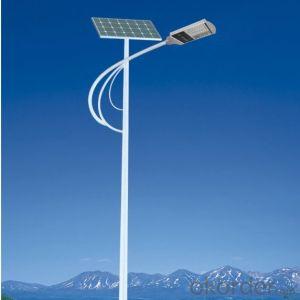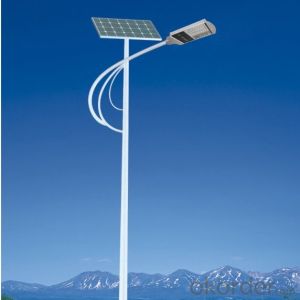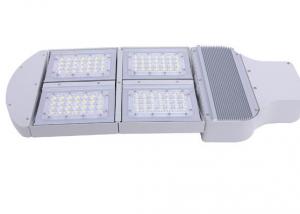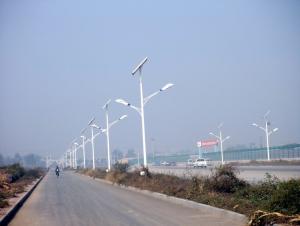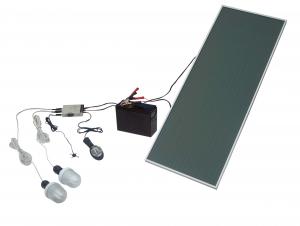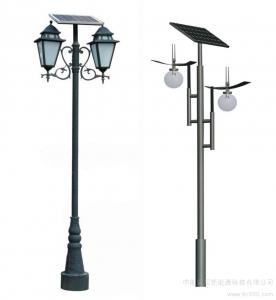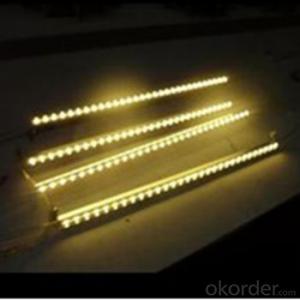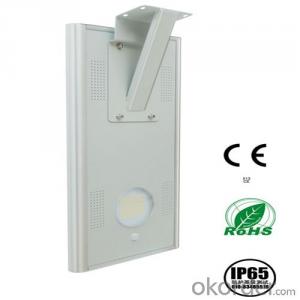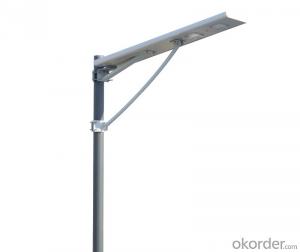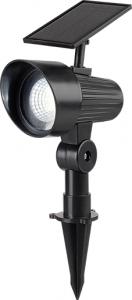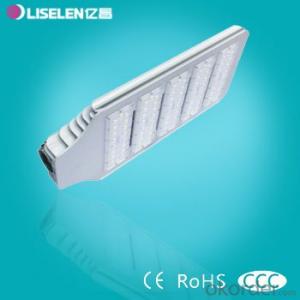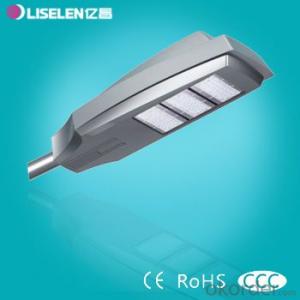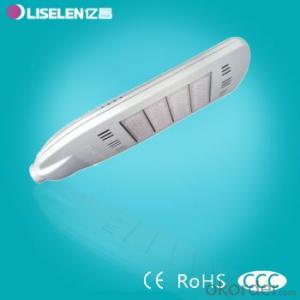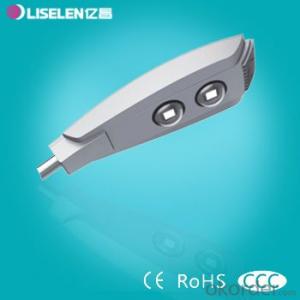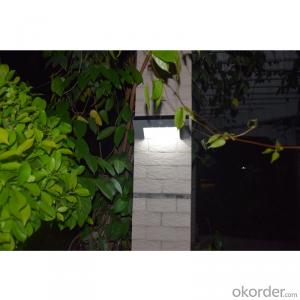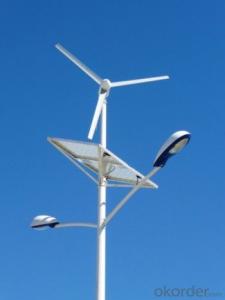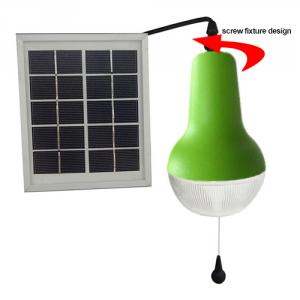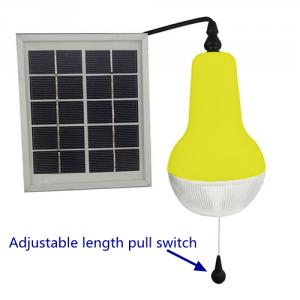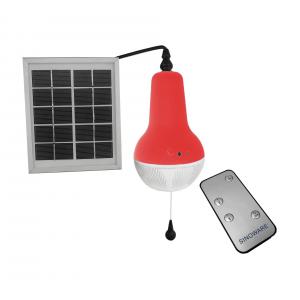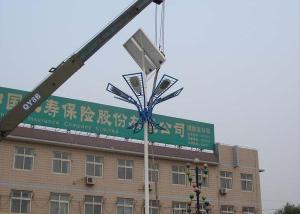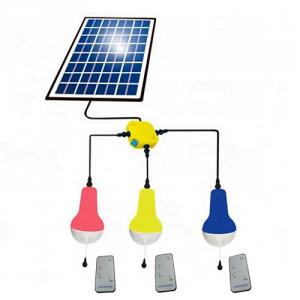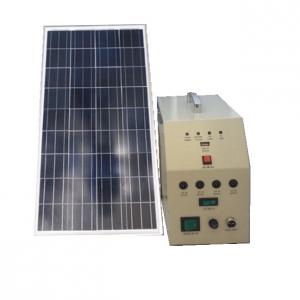Solar Light for Sign LED Street Solar Lights
- Loading Port:
- Shanghai
- Payment Terms:
- TT OR LC
- Min Order Qty:
- 10 pc
- Supply Capability:
- 10000 pc/month
OKorder Service Pledge
Quality Product, Order Online Tracking, Timely Delivery
OKorder Financial Service
Credit Rating, Credit Services, Credit Purchasing
You Might Also Like
| No. | Model | Specification | Lifetime | Guarantee | Certificate |
| 1 | Pole | 4-10m high, steel, with galvanizing treatment then powder coated, color optional | 20years | 10 years | CE |
| 2 | Lamp | 20-80W, USA bridgelux LED chip 140lm/w, 4500-5500K, with invention patent! ( Design Patent No.: 200830120601.1 ) | 80000hrs | 5 years | CE. ROHS |
| 3 | Controller | 12V/24V10A MPPT high efficiency charge mode, integrated design with LED constant-current driver, easy for maintenance! ( Utility Patent No: 201120053835.5 ) | 9-10years | 3 years | CE. ROHS |
| 4 | Solar Panel | Mono or poly type optional, 17% high conversion efficiency | 20years | 5 years | TUV |
| 5 | Battery | High quality top brand maintenance-free solar storage gel battery, over charge and over discharge protection. | 7-8years | 3 years | UL |
| 6 | Accessories | Panel bracket, base anchor bolts, battery box, cables, fasteners ect. | 10years | 3 years | CE |
| Please contact our sales for suitable system design! | |||||
- Q: What are the features and advantages of solar street lights?
- with ordinary light, there are indeed many incomparable advantages. First of all, he is not ditching embedding, the engineering quantity is relatively small, as long as the installation of a cement base, with stainless steel screws fixed on the line.?
- Q: Can solar lights be used for outdoor weddings or event venues?
- Yes, solar lights can definitely be used for outdoor weddings or event venues. They are a great eco-friendly option as they rely on solar energy to power up and illuminate the surroundings. Solar lights come in various designs, sizes, and colors, providing flexibility to match the theme and ambiance of any outdoor event. Additionally, they are easy to install, require minimal maintenance, and can last throughout the duration of the event without the need for constant monitoring or power supply.
- Q: Can solar lights be used for lighting up outdoor art installations or sculptures at night?
- Certainly, solar lights can be utilized to illuminate outdoor art installations or sculptures during nighttime. These lights operate by harnessing sunlight and storing energy in rechargeable batteries, which they later utilize to illuminate LED bulbs once darkness falls. Consequently, they offer a sustainable and economical alternative for lighting outdoor art installations or sculptures, eliminating the necessity for electrical wiring or access to a power source. Solar lights are available in a variety of designs and sizes, allowing for flexibility in terms of their placement and installation. They can be effortlessly mounted on walls, poles, or other structures, making them suitable for illuminating a wide range of outdoor art installations or sculptures. Moreover, solar lights are equipped with sensors that activate them at dusk and deactivate them at dawn, guaranteeing consistent and proper illumination for the art installations or sculptures throughout the night without requiring manual intervention. Some solar lights even provide adjustable brightness settings, enabling users to customize the lighting intensity and ambiance. Additionally, solar lights are typically designed to be weather-resistant and capable of withstanding outdoor conditions. This renders them suitable for use in various climates and environments, ensuring that the art installations or sculptures remain well-lit even during adverse weather conditions. To summarize, solar lights represent an excellent choice for illuminating outdoor art installations or sculptures at night. Their sustainability, cost-effectiveness, ease of installation, and automatic illumination make them highly desirable. With their versatility and ability to withstand different weather conditions, solar lights enhance the visual impact of outdoor art, creating a captivating and environmentally-friendly lighting experience.
- Q: Can solar lights be used for outdoor sports stadiums?
- Yes, solar lights can definitely be used for outdoor sports stadiums. Solar lights are a great alternative to traditional electrical lighting systems as they are powered by sunlight, making them energy-efficient and environmentally friendly. They can be easily installed in various areas of the stadium, including the field, stands, parking lots, and walkways. Solar lights typically consist of a solar panel, which absorbs sunlight and converts it into electricity, and a rechargeable battery to store the energy. This stored energy is then utilized to power the lights during the night or when there is insufficient sunlight. These lights can provide bright and efficient illumination, ensuring the safety and visibility for players, spectators, and staff in the stadium. Moreover, solar lights offer several advantages for outdoor sports stadiums. Firstly, they reduce energy costs as they do not rely on grid electricity, which can be quite expensive. Secondly, they have low maintenance requirements as they do not have complex wiring systems, eliminating the need for frequent repairs and replacements. Additionally, solar lights are independent of power outages, ensuring uninterrupted lighting during events. Furthermore, solar lights contribute to sustainability efforts by reducing the carbon footprint of the stadium. By utilizing renewable energy, they help to decrease greenhouse gas emissions and promote a cleaner environment. This aligns with the growing trend of incorporating eco-friendly practices in sports facilities. Overall, solar lights are a viable and efficient option for outdoor sports stadiums. They offer cost savings, low maintenance, and environmental benefits, making them a practical choice for illuminating these large and often energy-demanding spaces.
- Q: Are there different types of solar lights?
- There is a wide variety of solar lights available in the market, catering to different needs. These solar lights come in various designs and functionalities. Solar path lights, solar spotlights, solar string lights, solar lanterns, solar deck lights, and solar garden lights are some common types. Each type of solar light serves a specific purpose. For instance, solar path lights are perfect for illuminating walkways and driveways, while solar spotlights are great for emphasizing specific objects or areas in the landscape. Solar string lights are popular choices for decorative purposes, while solar lanterns create a cozy outdoor ambiance or are useful for camping. With the different types of solar lights, individuals have a range of options to choose from based on their preferences and requirements.
- Q: Do solar lights have adjustable brightness settings for different lighting needs?
- Many solar lights are equipped with adjustable brightness settings to accommodate various lighting needs. These settings enable users to modify the intensity of the emitted light based on their specific requirements. Certain solar lights are designed with multiple brightness levels that can be effortlessly adjusted through a switch or button, while others offer the convenience of remote control or smartphone application adjustment. The ability to adjust brightness provides solar lights with flexibility, allowing for brighter illumination during tasks that demand more light, or dimmer lighting for creating an ambient or decorative atmosphere. This feature empowers users to personalize their lighting preferences and address specific lighting requirements in diverse outdoor settings.
- Q: Can solar lights be used for outdoor seating areas or cafes?
- Yes, solar lights can be used for outdoor seating areas or cafes. Solar lights are a great option for these areas as they provide ambient lighting without the need for electrical wiring. They are eco-friendly, cost-effective, and can be easily installed in outdoor spaces. Additionally, solar lights come in various designs, allowing them to blend well with the overall aesthetic of the seating area or cafe.
- Q: Can solar lights be used for patio lighting?
- Yes, solar lights can be used for patio lighting. They are a great eco-friendly and cost-effective option to illuminate outdoor spaces like patios. Solar lights harness energy from the sun during the day and store it in batteries, which then power the lights during the night. They are easy to install, require minimal maintenance, and provide a soft and ambient glow for your patio area.
- Q: Can solar lights be used to light up a patio or deck?
- Certainly, solar lights can be utilized effectively to illuminate a patio or deck. In fact, they are a widely chosen and convenient option for outdoor lighting in these specific areas. The purpose of solar lights is to harness the power from the sun and convert it into electricity, which in turn powers the lights. These lights come in various types and styles, which include string lights, spotlights, path lights, and even decorative lanterns. The installation of solar lights is a simple task and requires no wiring, making them a hassle-free alternative for illuminating your patio or deck. They have built-in solar panels that absorb sunlight during the day and store the energy in rechargeable batteries. Once the sun sets, the lights automatically switch on and provide a gentle, ambient glow, creating a pleasant and welcoming atmosphere. Furthermore, solar lights are environmentally friendly and energy-efficient, as they rely on renewable solar power instead of electricity from the grid. This not only helps in reducing your carbon footprint but also saves you money on your electricity bills. In addition, solar lights usually come equipped with sensors that detect the surrounding light levels, allowing them to automatically turn on and off based on the natural lighting conditions. When selecting solar lights for your patio or deck, it is important to consider your specific lighting requirements and aesthetic preferences. Choose lights that have the appropriate brightness and color temperature to create the desired ambiance. Additionally, make sure that the solar panels are positioned in a location that receives ample sunlight throughout the day for optimal charging. To summarize, solar lights are an exceptional choice for illuminating a patio or deck. They are easy to install, environmentally friendly, energy-efficient, and provide a stunning and inviting illumination to enhance your outdoor living space.
- Q: Are there solar lights with adjustable brightness levels?
- Yes, there are solar lights available in the market that have adjustable brightness levels. These lights often come with different modes or settings that allow users to customize the brightness according to their preferences or requirements.
Send your message to us
Solar Light for Sign LED Street Solar Lights
- Loading Port:
- Shanghai
- Payment Terms:
- TT OR LC
- Min Order Qty:
- 10 pc
- Supply Capability:
- 10000 pc/month
OKorder Service Pledge
Quality Product, Order Online Tracking, Timely Delivery
OKorder Financial Service
Credit Rating, Credit Services, Credit Purchasing
Similar products
Hot products
Hot Searches
Related keywords
